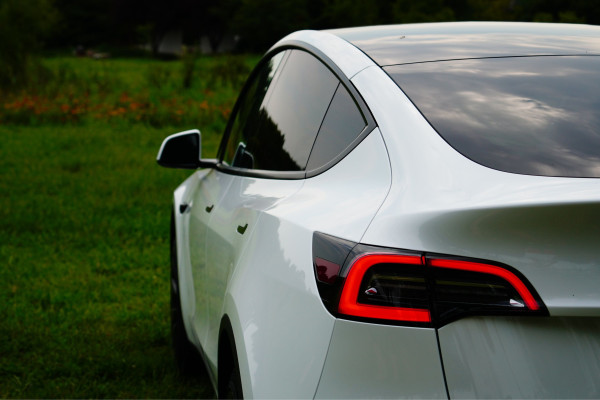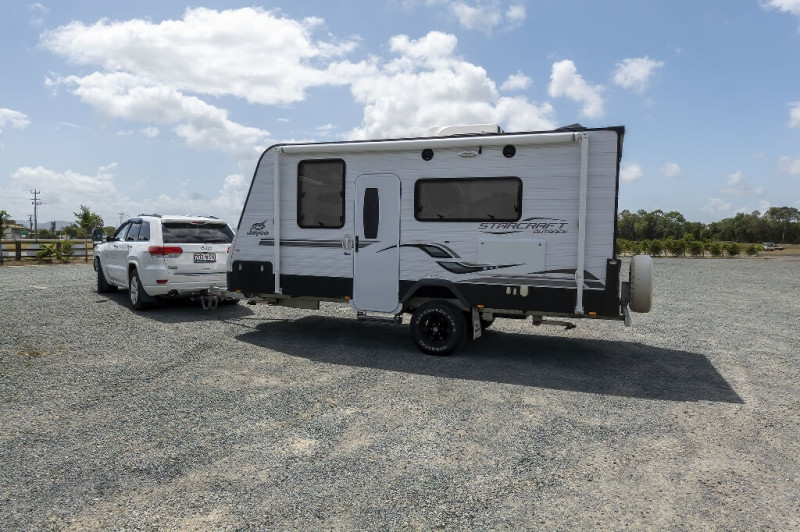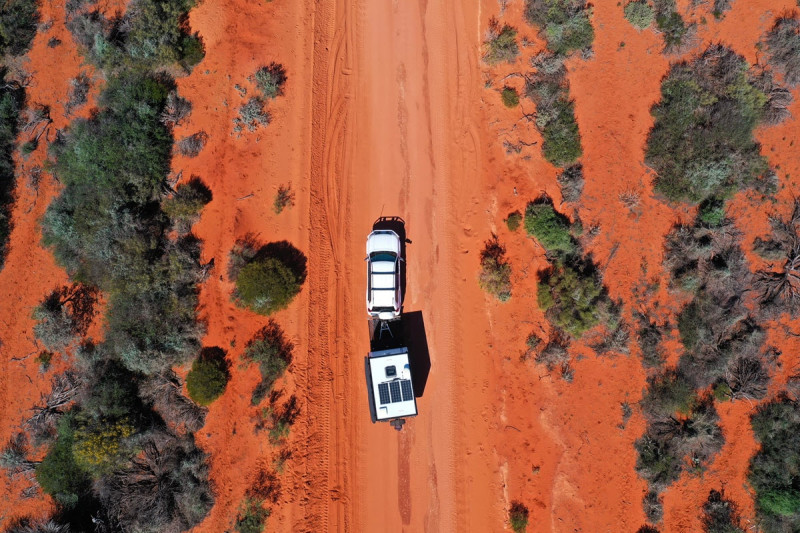With electric vehicles growing in popularity, we start to see questions such as “can an electric vehicle (EV) tow a caravan?” or “what is the best electric vehicle to tow a caravan?” Now it is true that whilst there are some caravans that in theory can tow a caravan, it doesn’t mean they all should. This is why it is extremely important to do your own research tailored to your specific caravan and tow vehicle in mind.
As of this year, it is unlikely that you’ll find an electric vehicle with enough power and towing capacity to safely tow large family caravans. However, if you’ve got a small caravan or one with low caravan weight, this article will help you kickstart your research for the best electric cars for towing a caravan.
Why can’t all electric vehicles tow a caravan?
It’s important to understand the limitations surrounding EVs when it comes to towing a caravan. While many electric cars are capable of impressive performance, not all of them are designed to tow caravans or trailers, despite having a towing capacity that may suggest otherwise. Several factors contribute to the limitations on towing capacity for certain electric cars:
Battery limitations
Towing a caravan places an additional load on the vehicle, requiring more energy to move the combined weight. Some EVs may have limitations on their battery capacity and power output, making towing heavier loads impractical.
Range considerations
Towing a caravan can significantly impact the range of an electric vehicle. The increased aerodynamic drag and additional weight result in higher energy consumption, reducing the overall driving range on a single charge. Therefore, you may need to consider EVs with extended range when researching electric cars for towing.
Vehicle design
The structural design of some electric vehicles may not be optimised for towing. Traditional internal combustion engine vehicles often have a long history of towing capabilities, while EVs may prioritise aerodynamics and efficiency over towing capacity.
Cooling challenges
Towing heavy loads generates additional heat, and electric vehicle systems need efficient cooling to maintain optimal performance. Some EVs may not have the necessary cooling systems in place for sustained towing.
Regenerative braking
Towing impacts regenerative braking systems, which capture energy during braking and feed it back into the battery. Towing can reduce the effectiveness of regenerative braking, affecting overall energy efficiency.
Manufacturer’s recommendations
Some EV manufacturers may specify towing limitations for their vehicles based on engineering considerations. Adhering to these recommendations ensures the safety and longevity of the vehicle.
Infrastructure and regulations
Towing with an electric car may present challenges related to charging infrastructure and regional regulations. Long-distance towing might require careful planning to access charging stations suitable for larger vehicles. For example, if you intend to travel down south from Perth with your caravan, you’ll need to consider where the EV stations are when planning your route.
What to look for when trying to determine whether an electric car can tow your caravan
When determining whether an electric car can tow your caravan, there are several key factors to consider. Here’s a checklist to guide you in evaluating the suitability of an EV for towing.
Towing capacity
Towing capacity refers to the maximum amount of weight your car can tow. This is often the most obvious factor to look for first as if your caravan is heavier than this number then you cannot attempt to tow it. However, even if your caravan’s ATM (the caravan’s maximum weight limit) is well below your electric car’s towing capacity, it still may not be suitable to tow, which is why it is important to review all other factors listed below too.
The impact of towing on your EV’s range
Towing a caravan increases energy consumption, leading to a reduction in driving range. Consider whether the remaining range meets your travel needs. This is especially important for caravanning throughout rural Australia where EV charging points may be limited.
Power and torque
Torque is crucial for towing a caravan as it determines the vehicle’s ability to generate the necessary force to overcome resistance and move the combined weight efficiently, especially in challenging terrains or when ascending inclines in which off-road caravans are typically taken through. Therefore, it is important that you evaluate the power and torque of the electric car beforehand.
Warranty and insurance
Check that your car insurance and warranty is still valid when towing a caravan. If you’re actively going against manufacturer recommendations then any warranties or insurance policies will likely be voided if you attempt to tow a caravan.
Tow hitch and wiring
Check if the vehicle has a compatible tow hitch and wiring for the caravan and once you’ve done so ensure the tow hitch is rated for the caravan’s weight. This is essential for safety, legal compliance, and the overall effectiveness of the towing setup.
Braking system
Ensure the vehicle has a sufficient braking system, including features like trailer brake controllers, to safely stop the combined weight of the vehicle and caravan.
So what are the best electric tow vehicles for towing a caravan to consider?
Whilst these vehicles below won’t be suitable for all caravans, they may be suitable for smaller caravans or campers. Here’s some models to research further.
Kia EV 9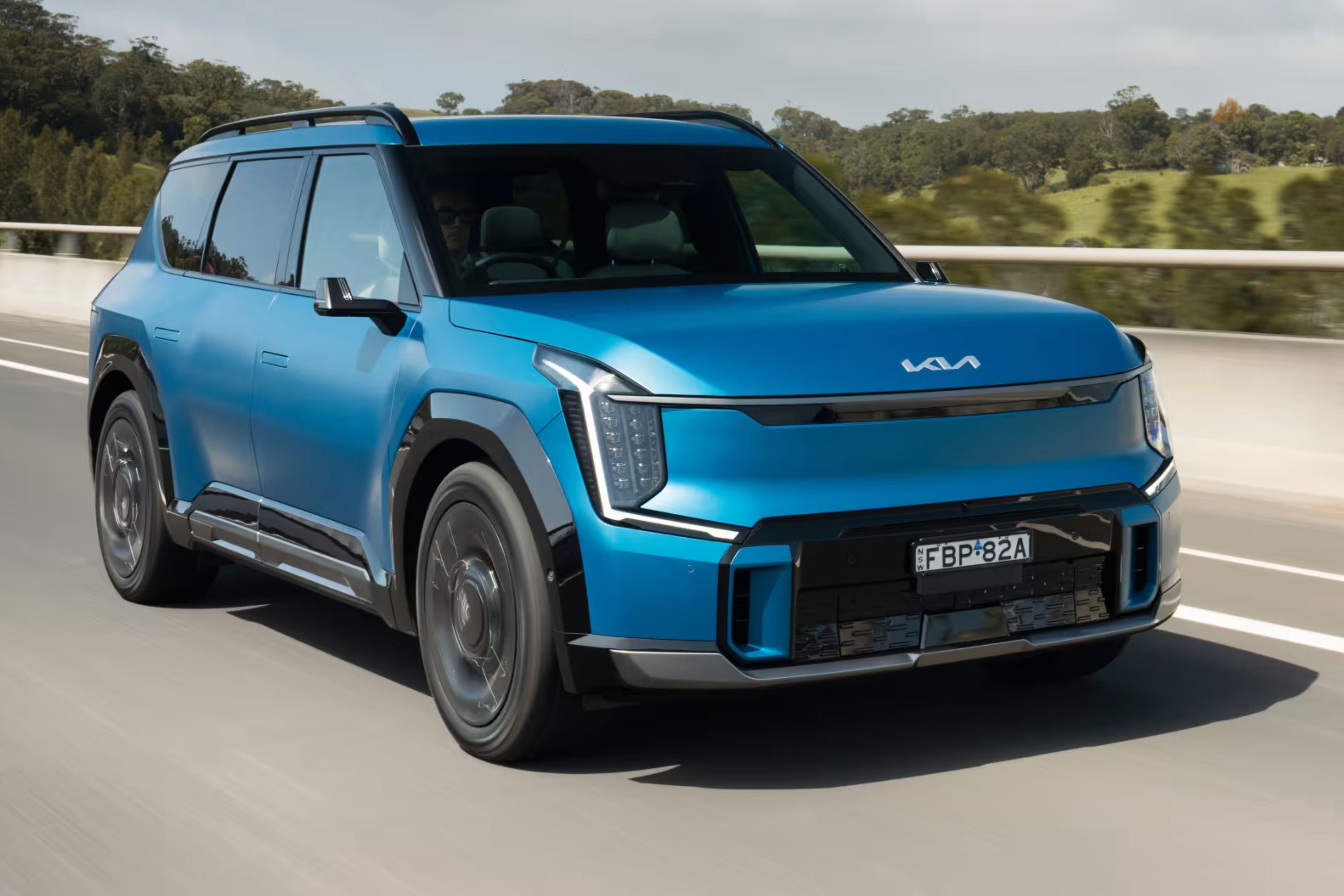
Image credit: https://www.drive.com.au/news/kia-ev9-price-and-specs-australia/
The Kia EV 9 can be upgraded to tow up to 2500kg, which is huge for an EV! Smaller, lighter caravans could be towed if all other factors have been evaluated.
Tesla Model Y
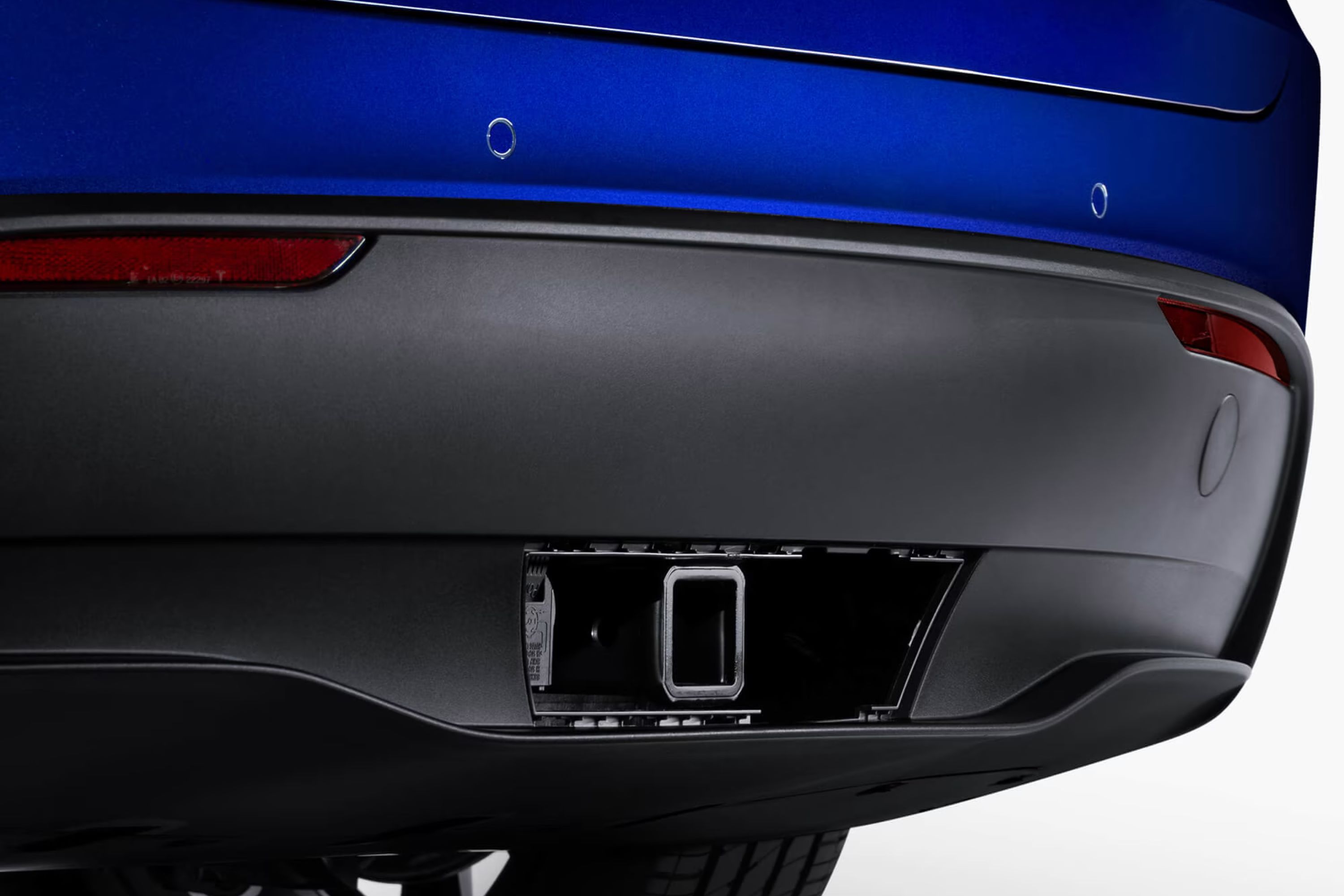
Image credit: https://shop.tesla.com/en_au/product/model-y-tow-package
Tesla has now added a tow package that can be added to their Model Y. This will give your Tesla Model Y a towing capacity of 1600 kg which is suitable for a smaller camper trailer.
Audi e-Tron
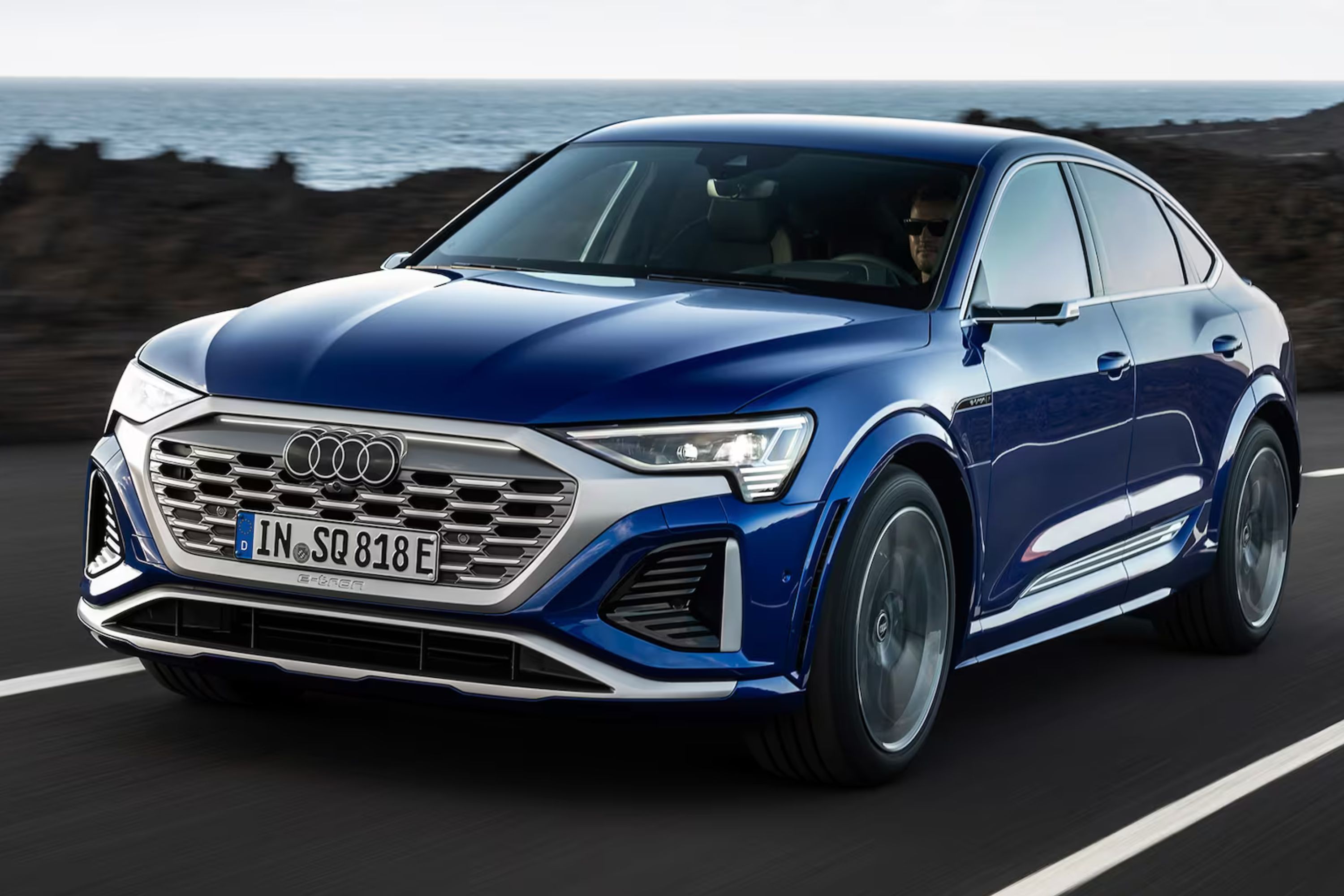
Image credit: https://www.motortrend.com/reviews/2024-audi-q8-etron-first-drive-review/
The Audi e-tron also now has a towing capacity that supports up to 1800 kg which may be suitable for smaller loads.
Mercedes-Benz EQC 400
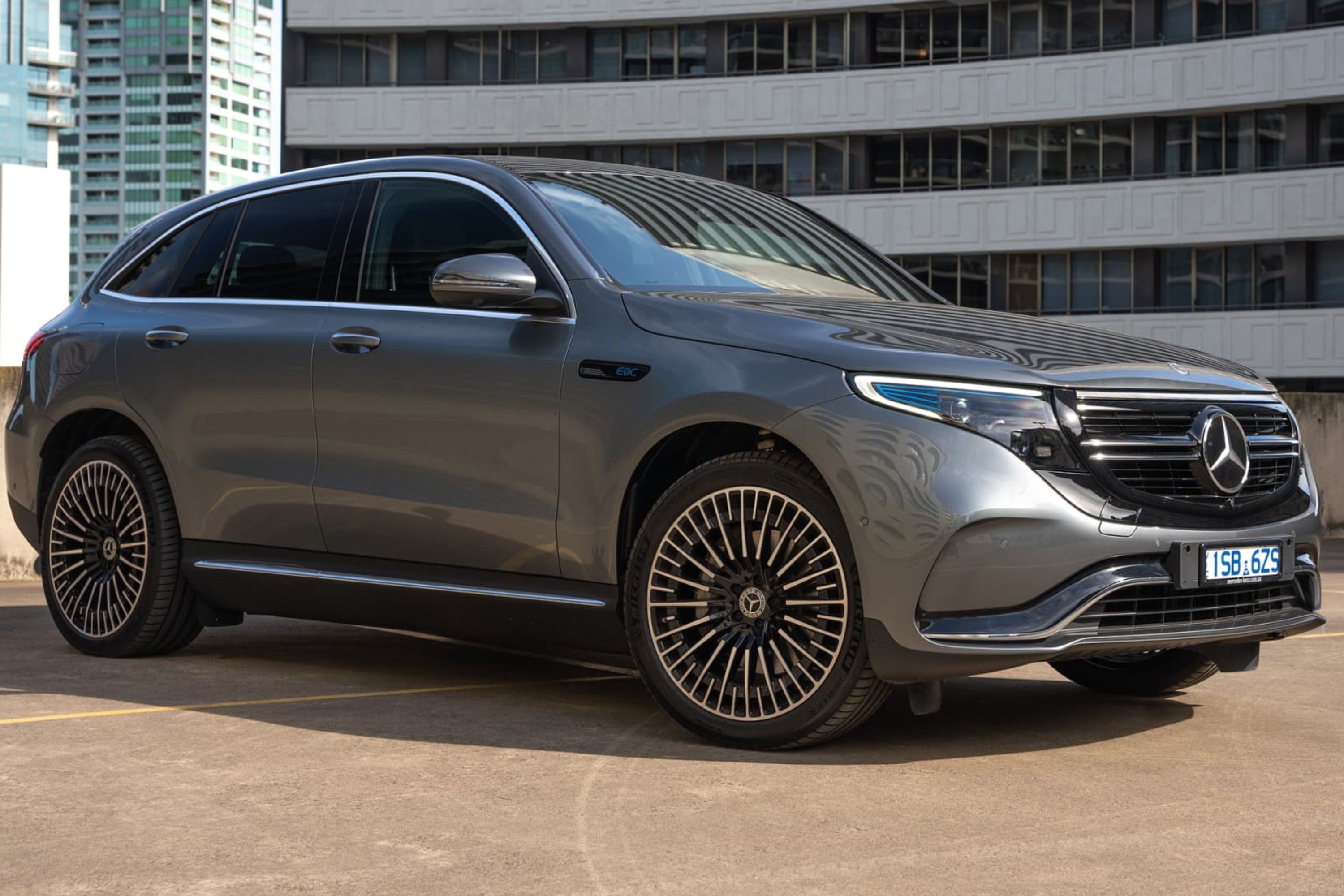
Image credit: https://www.drive.com.au/news/mercedes-benz-eqc-orders-close-new-model-2024/
Mercedes-Benz’s inaugural venture into the electric vehicle realm introduces a model with a notable towing capacity. This car supports up to 1800kg.
BMW iX
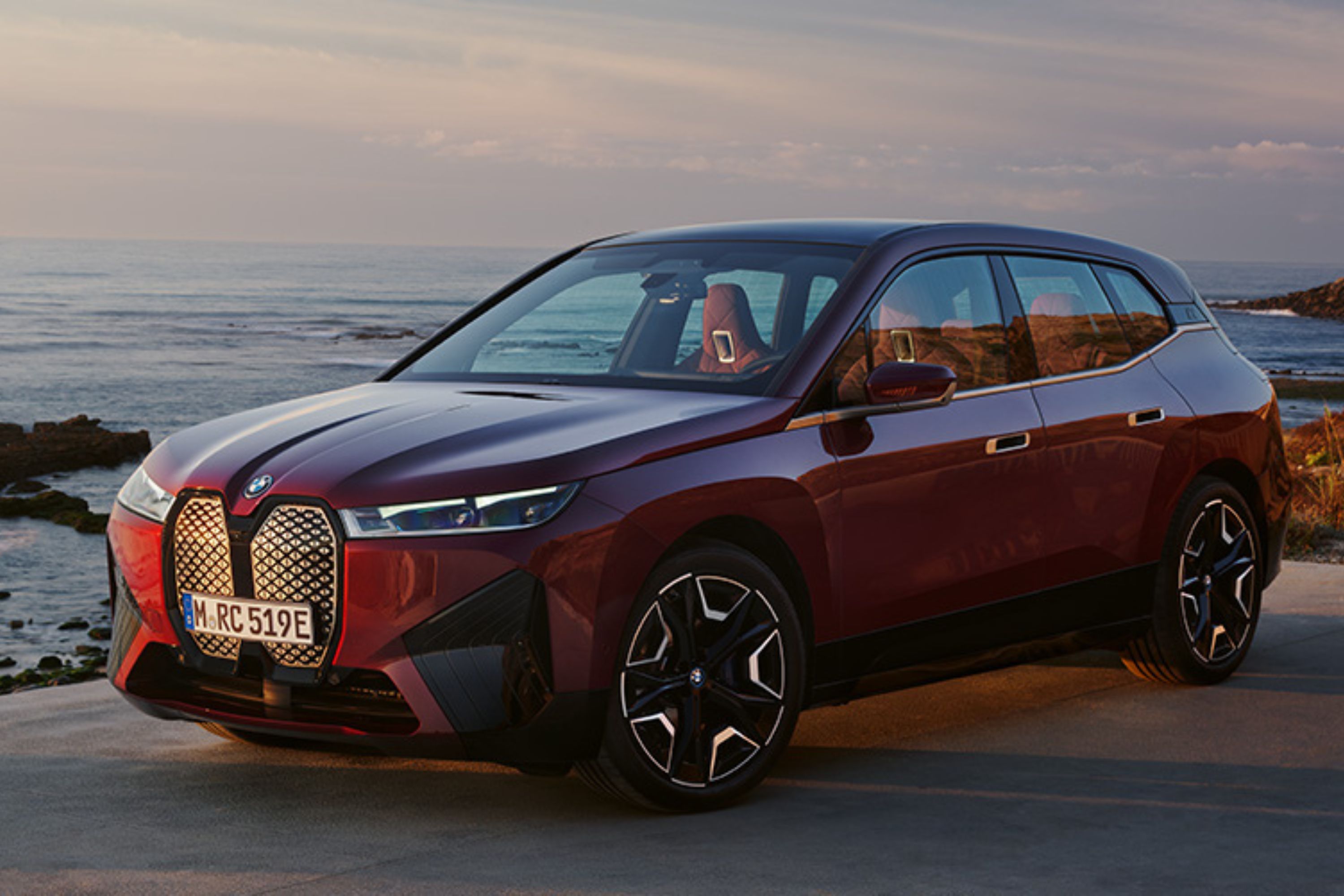
Image credit: https://www.bmw.com/en-au/models/bmw-i/ix/showroom/bmw-ix.html
The BMW iX, positioned as a spacious and versatile SUV, stands out with its robust towing capacity, capable of handling loads up to 2500 kg.
Hyundai Ioniq 5
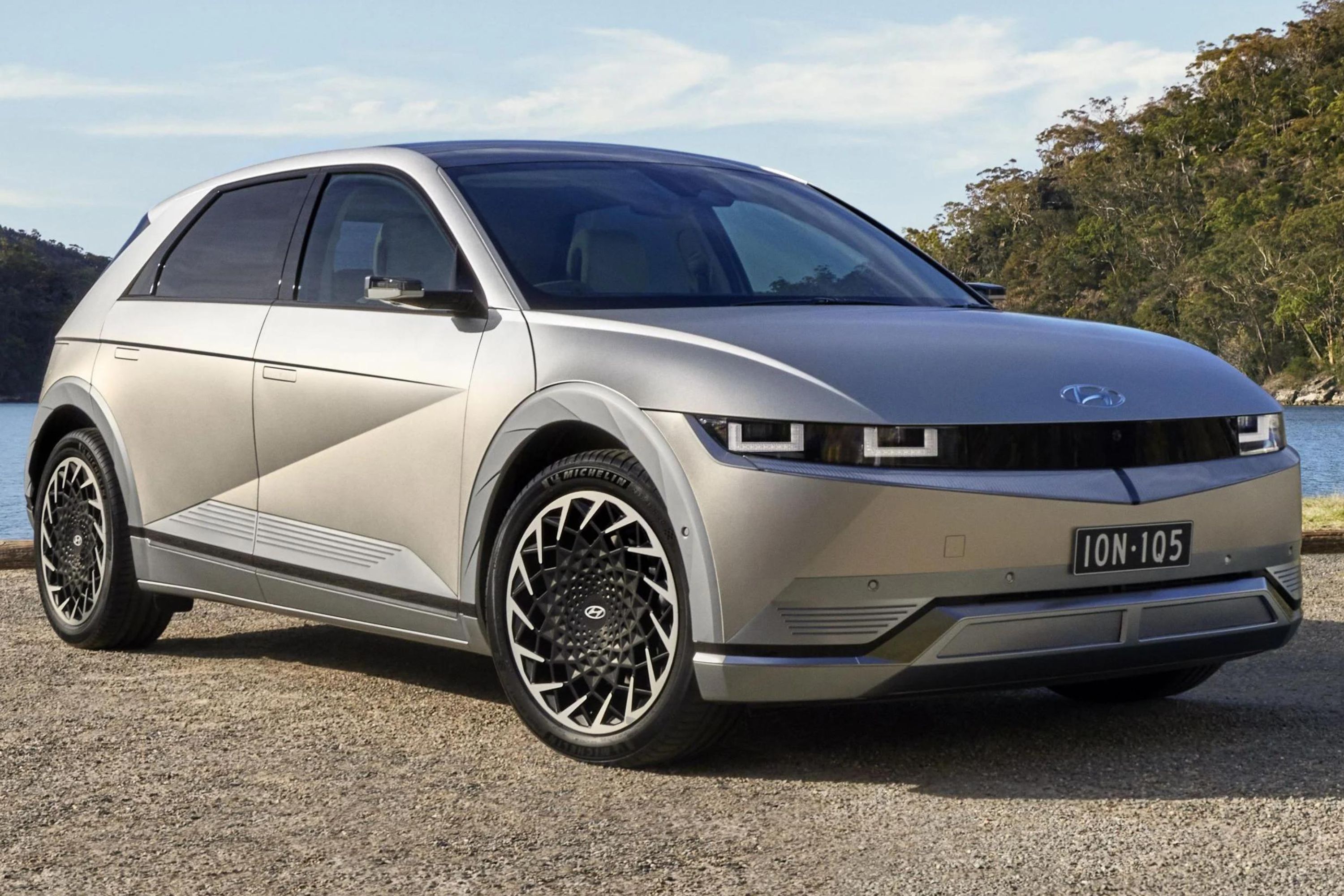
Image credit: https://www.carexpert.com.au/car-news/2024-hyundai-ioniq-5-price-and-specs-electric-car-gets-price-cut
The latest Hyundai electric car towing capacity is 1600 kg, which represents a significant advancement in the capabilities of EVs.
Volvo XC40 Pure Electric
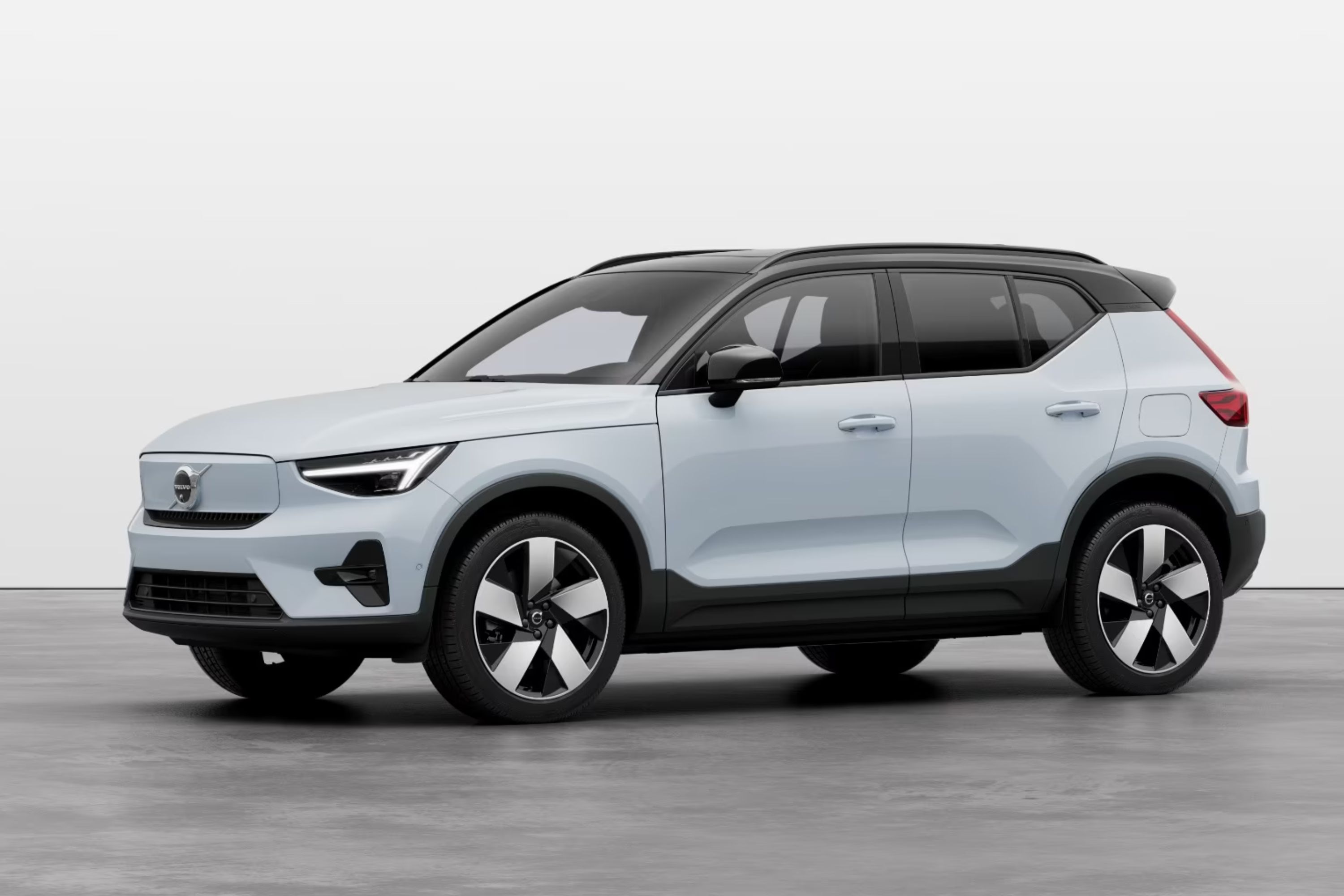
Image credit: https://www.volvocars.com/au/cars/xc40-electric/specification/
The latest Volvo XC40 Pure Electric model, with its robust design and cutting-edge engineering, boasts an impressive towing capacity of 2100 kg.
Whilst we are not at the point where EV’s can tow impressive large luxury caravans, the technology is improving each year! Remember, towing capacity is only one factor to consider. Be sure to do further research on your specific vehicle and caravan models to ensure the combination is safe and legal.
Got more caravan questions? Chat to the team at Lewis RV
The team at Lewis RV have decades of experience in all things caravanning. If you’ve got a question about shopping for a new caravan or caravan accessories, don’t hesitate to get in contact with us online or by calling 6555 7755. Alternatively, our Guildford Caravan Dealership is open Monday – Saturday, we look forward to meeting you soon!

